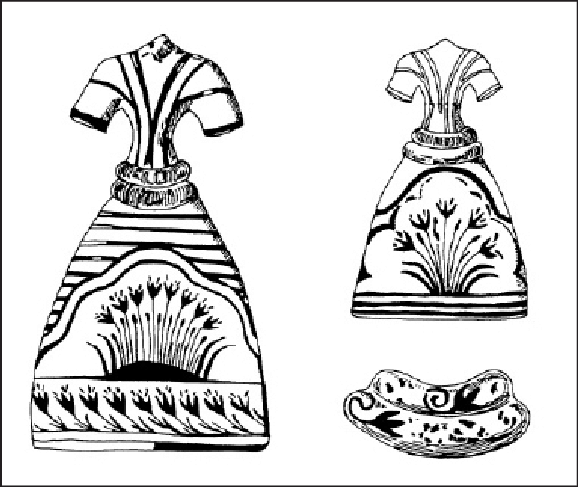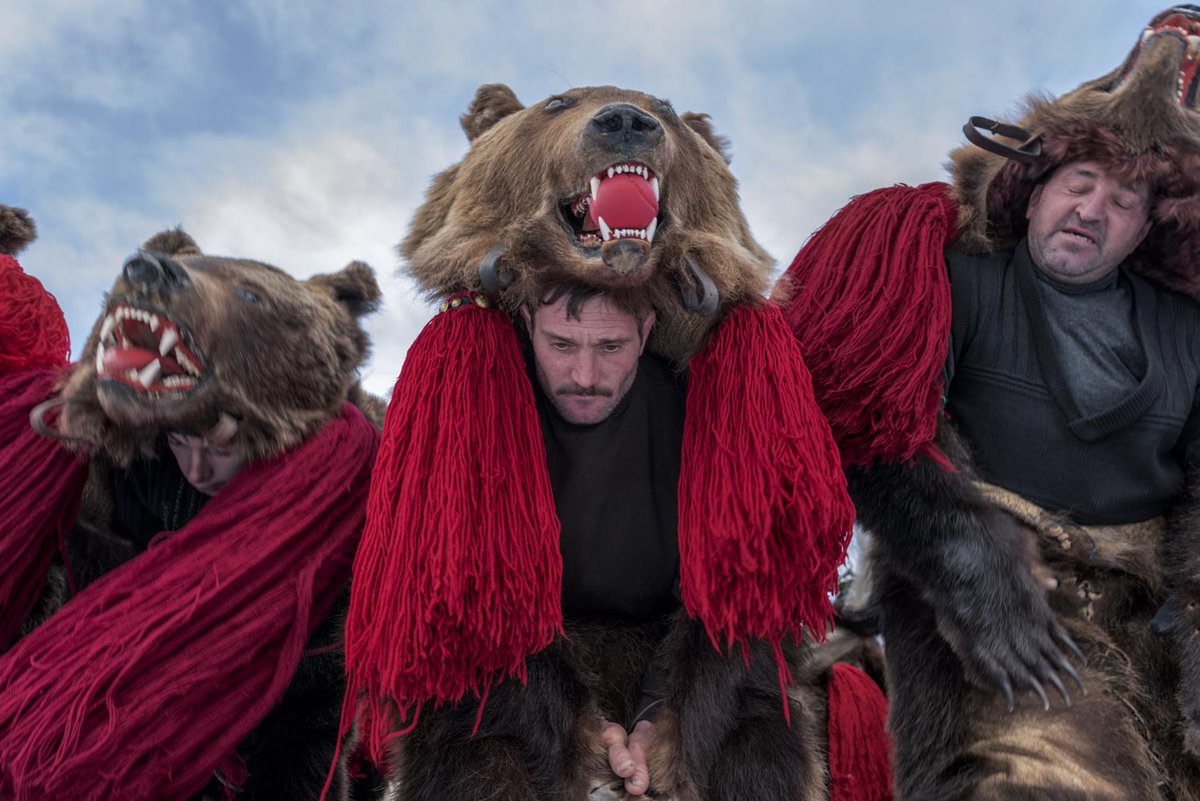
Thread: This is a white-ground kylix (drinking-cup), made in Attica in the mid 5th c. BC by The Sotades Painter (Potter)...Currently in the British Museum. britishmuseum.org/collection/obj… 

The scene depicts Glaucos, a young son of the king Minos of Crete, on the right, and Polyeidos, a famous seer from Corinth, on the left. They are inside what looks like a beehive shaped tumulus tomb. Or a wine-cellar???
As Glaucos watches, Polyeidos raises himself on his knees, uplifting in his right hand a spear, with which he thrusts downwards at one of two snakes which lie at the bottom of the scene below the centre of the tumulus (wine-cellar)...
The snake on the left appears to be moving towards its companion, which lies extended with its body in two loops as if dead...
The reason why I think this is a wine-cellar is this. This is a visual depiction of part of the legend which talks about the resurrection of Glaucos by Polyidus. Legend which goes like this:
One day, while playing with a ball Glaucus wondered into a wine-cellar, fell into a jar of honey and died. After a long search, Polyidus (whose name means the one who sees many things) finally discovered Glaucus's body...
Minos demanded that Polyidus brings Glaucus back to life, as the Delphic Oracle had promised. But when Polyidus objected to that, Minos shut Polyidus in the wine-cellar with the dead boy until he brings him back to life...
After a while a snake crawled into the cellar, and Polyidus killed it with the spear. Another snake came looking for the first, and after seeing it dead, it left and brought back a herb which brought the first snake back to life. Polyidus used the same herb to resurrect Glaucus..
King Minos then refused to let Polyidus leave Crete until he taught Glaucus the art of divination. Polyidus did so, but then, at the last second before leaving, he asked Glaucus to spit in his mouth. Glaucus did so and forgot everything he had been taught...
Interesting. Snakes which poses secret knowledge. Taking of the ability to see (know) things through taking someone's spit...Looks very familiar indeed. Just like this:
https://twitter.com/serbiaireland/status/1047789892552593408
Are there other stories that have snakes, spit and sacred knowledge, ability to see (know) all in one?
PS: I love the way the above scene was painted. So understated, so beautiful...
PS: I love the way the above scene was painted. So understated, so beautiful...
• • •
Missing some Tweet in this thread? You can try to
force a refresh










